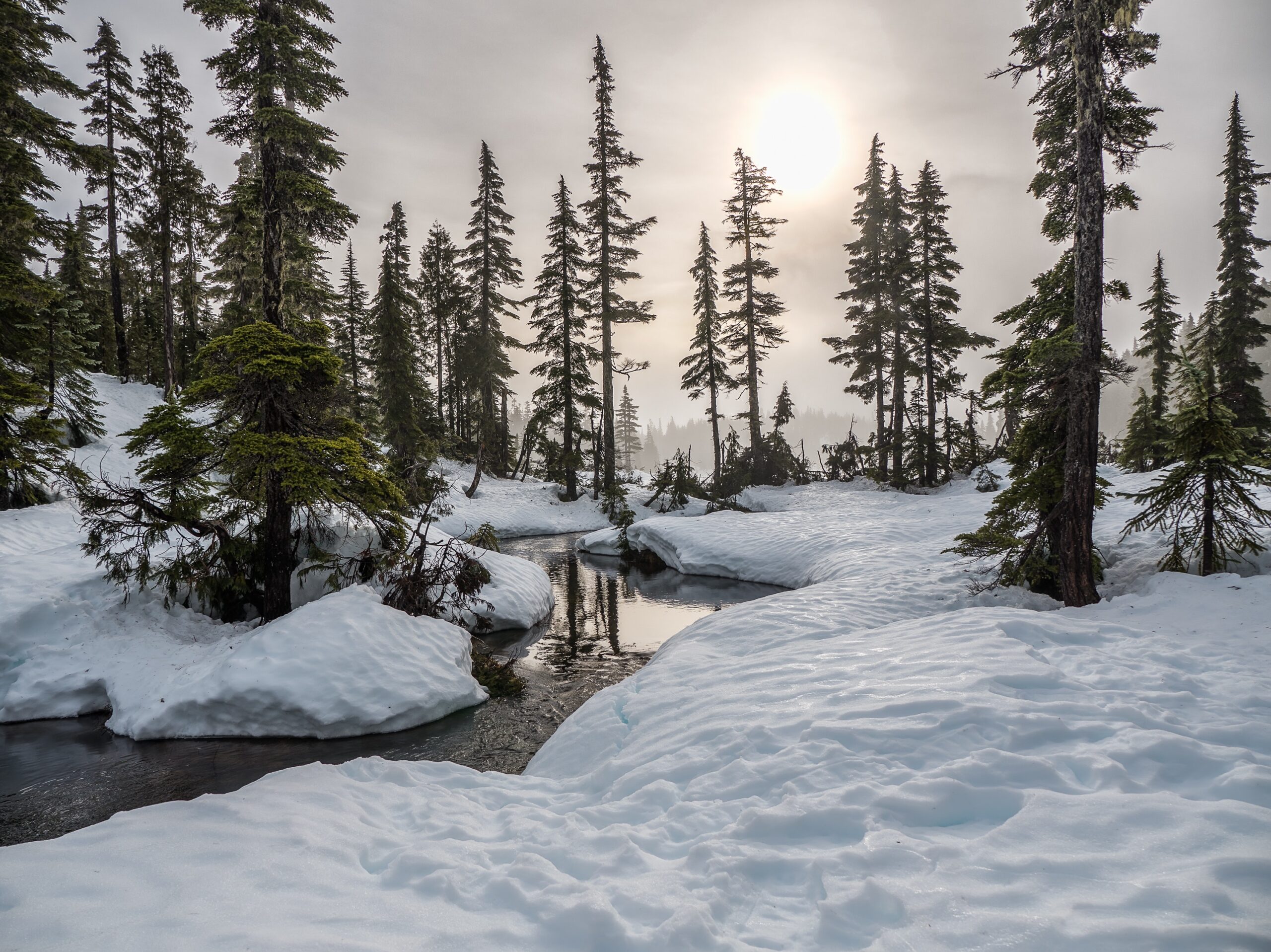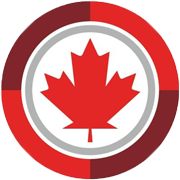
Last week, Manitoba made history when the province elected the first First Nations premier of Canada.
Wab Kinew, leader of Manitoba’s NDP, got elected on October 3 and will replace Conservative Premier Heather Stefanson. He is a former rapper, journalist, and author and was the first director of Indigenous inclusion at the University of Winnipeg. He was leader of the Manitoba NDP in 2017.
Despite the historic importance of his election as a First Nations premier, people widely believe that Kinew won the election due to specific promises to improve the provincial healthcare system.
To follow up on these promises, Manitoba will likely need more newcomers to fill vacant positions.
For example, Kinew promised to hire 300 nurses and 400 physicians over four years and establish a task force to direct a recruitment campaign.
He also promised to hire 200 paramedics by the end of his first term, speed up the accreditation process for IEFPs (internationally educated health professionals), and reform health coverage for international post-secondary students.
Manitoba recruiting from abroad
The number of healthcare professionals Kinew promised to hire aligns with a report released by Doctors Manitoba last summer. The report states that in addition to hiring from overseas, the province must also consider healthcare professionals from the United States.
Currently, Manitoba is conducting a recruitment effort for nurses from the Philippines. The province promises to assist nurses living in the Philippines in navigating the immigration process and provide paid licensing and bridging education where required. It will also provide paid travel to Manitoba, workplace orientation, accommodation allowance, one-to-one support, and mentorship.
Last July, in an announcement, the province said more than 300 internationally educated nurses from the Philippines accepted offers of employment to work at different sites throughout Manitoba.
Immigrate to Manitoba
Historically, Manitoba has been a leader in the Canadian immigration strategy. In 1998, Manitoba launched the first-ever Provincial Nominee Program (PNP) in Canada.
The PNP is an economic immigration program managed by every Canadian province and territory individually (except Quebec and Nunavut, which has a separate agreement with the federal government).
As a result of this program, provincial governments can select immigration candidates who best serve to fill labor shortages and to help strengthen local economies in the province.
The Manitoba Provincial Nominee Program (MPNP) welcomed 418 new immigrants in its first year only. In 2023, Manitoba has a quota of 9,500 nominations.
According to other provinces, the PNP was so successful in its early days that other provinces adopted it as well, and it is now the most renowned option for economic immigration to Canada. The Immigration Levels Plan for 2023-2025 shows that by the end of 2025, 117,500 immigrants will get admitted per year through the PNP.
Throughout 2023, Manitoba has been increasing the number of PNP draws that select candidates in specific in-demand occupations such as transportation, manufacturing, hospitality, healthcare, and more.
Manitoba has also launched a Strategic Recruitment Initiative for employers facing skills shortages. Through this initiative, Manitoba had its biggest PNP draw of the year on September 28, when 1,072 candidates received Letters of Advice to Apply.
This Initiative is similar to the federal Temporary Foreign Worker Program (TFWP). If an employer can demonstrate that he or she needs skilled workers urgently and cannot fill the need with local labor, candidates from the Manitoba Skilled Workers Overseas stream may be eligible for employment.
Indigenous population in Canada
Statistics Canada data from Census 2021 shows that there are 1.8 million indigenous peoples in Canada, which sums up to 5% of the overall population.
Above 55% of them live in western Canada. Kinew’s election is a significant milestone in the representation of First Nations people in Canada.
Additionally, the census found that there are 90,990 Indigenous people in Winnipeg, representing the highest number of Indigenous people out of any city in the country. Manitoba is home to 63 First Nations, including six of the country’s 20 newest bands.
Prime Minister Justin Trudeau congratulated Kinew on his historic win and discussed improving healthcare, housing, and reconciliation with Indigenous Peoples the following day.
In recent years, Canada has begun efforts to reconcile with indigenous people throughout the country for the racially motivated abuse they have suffered since European settlers first settled the country.




